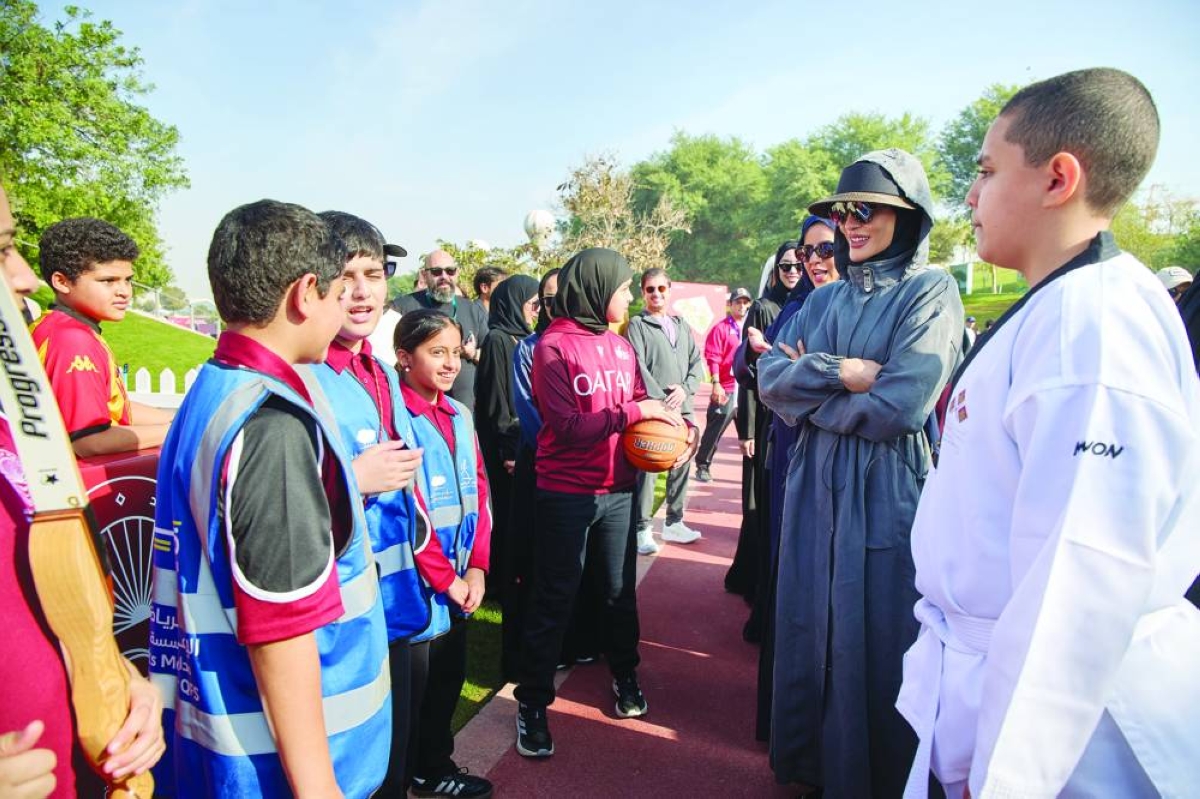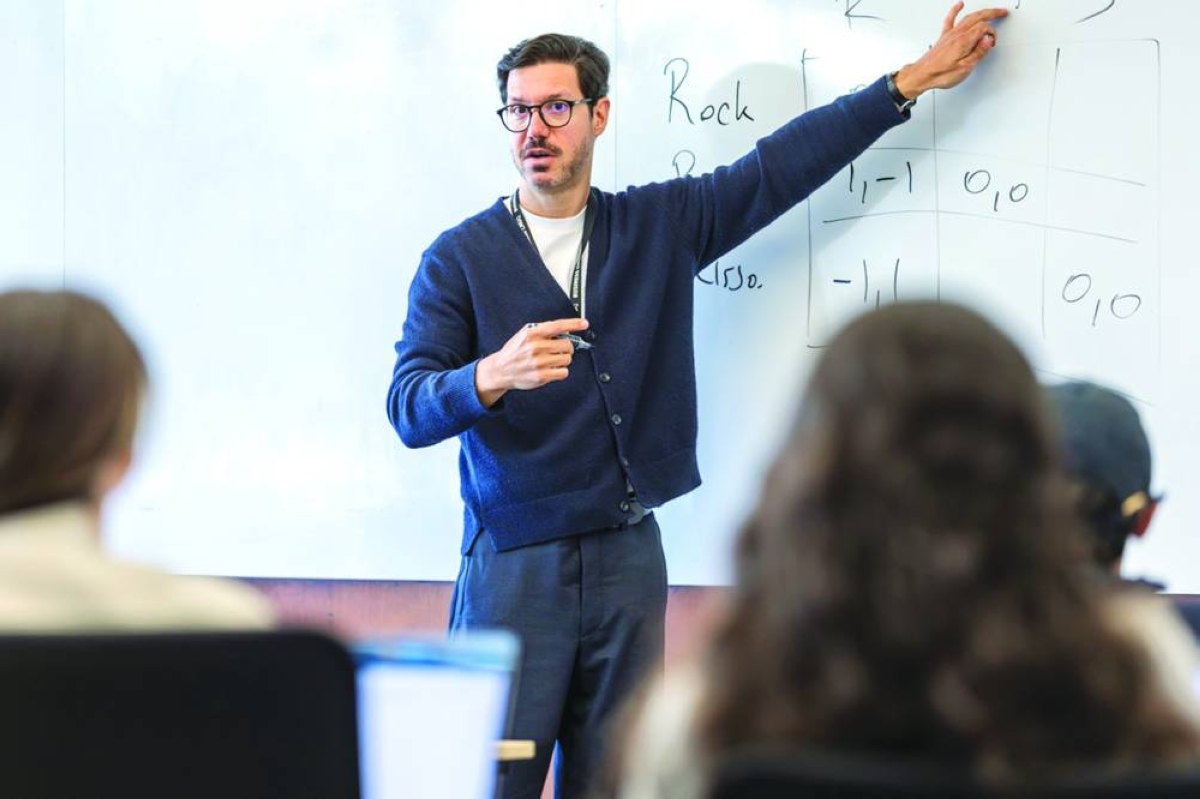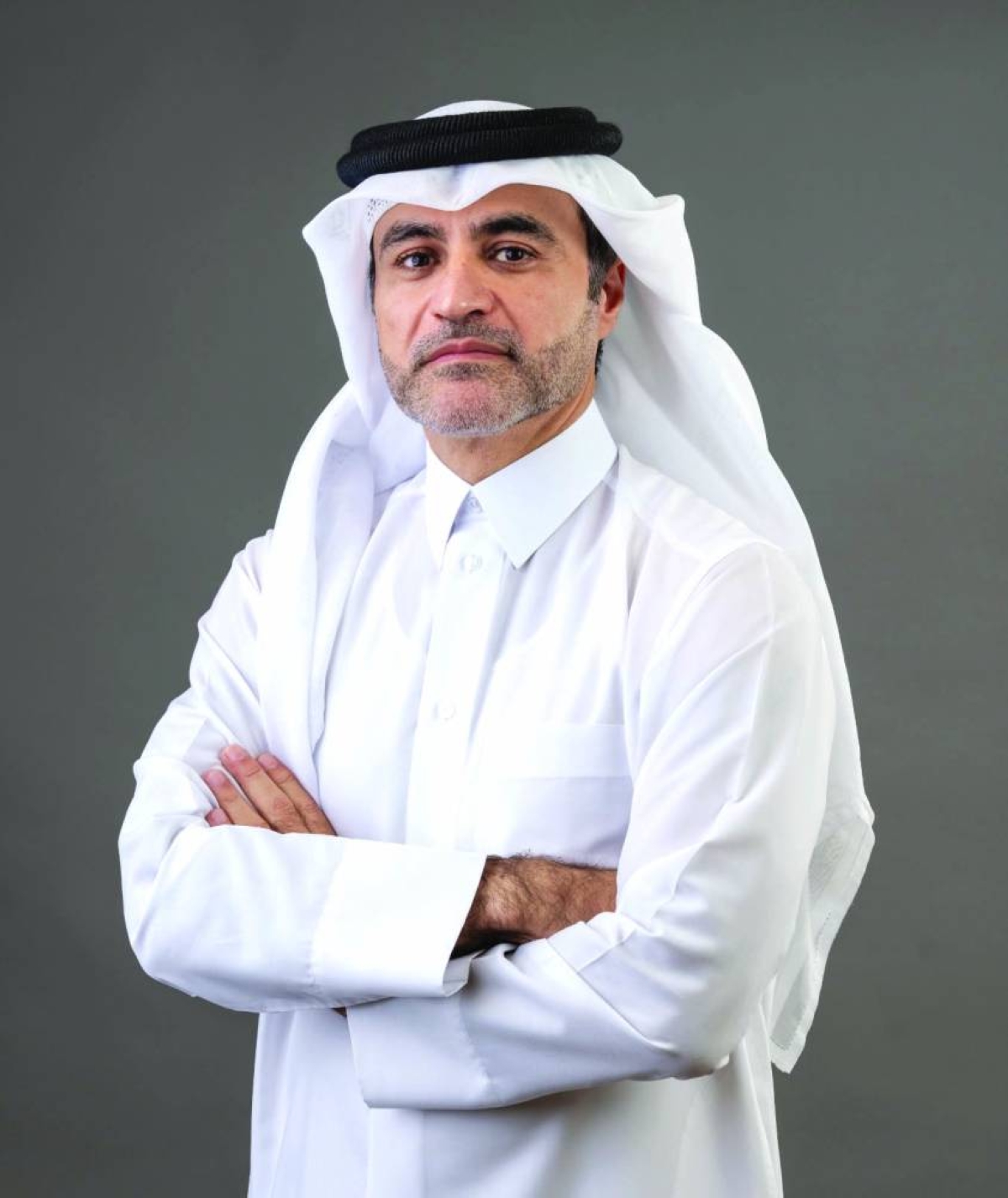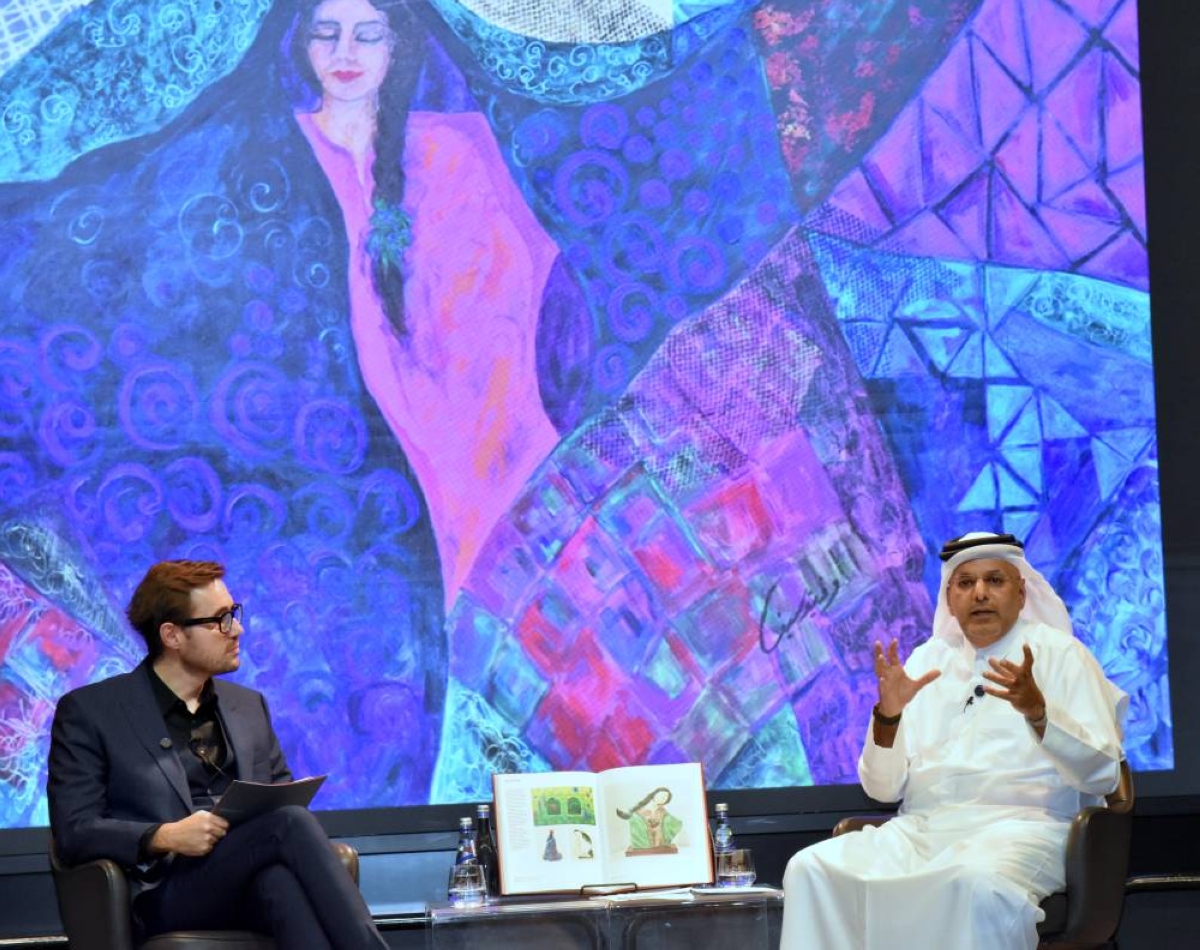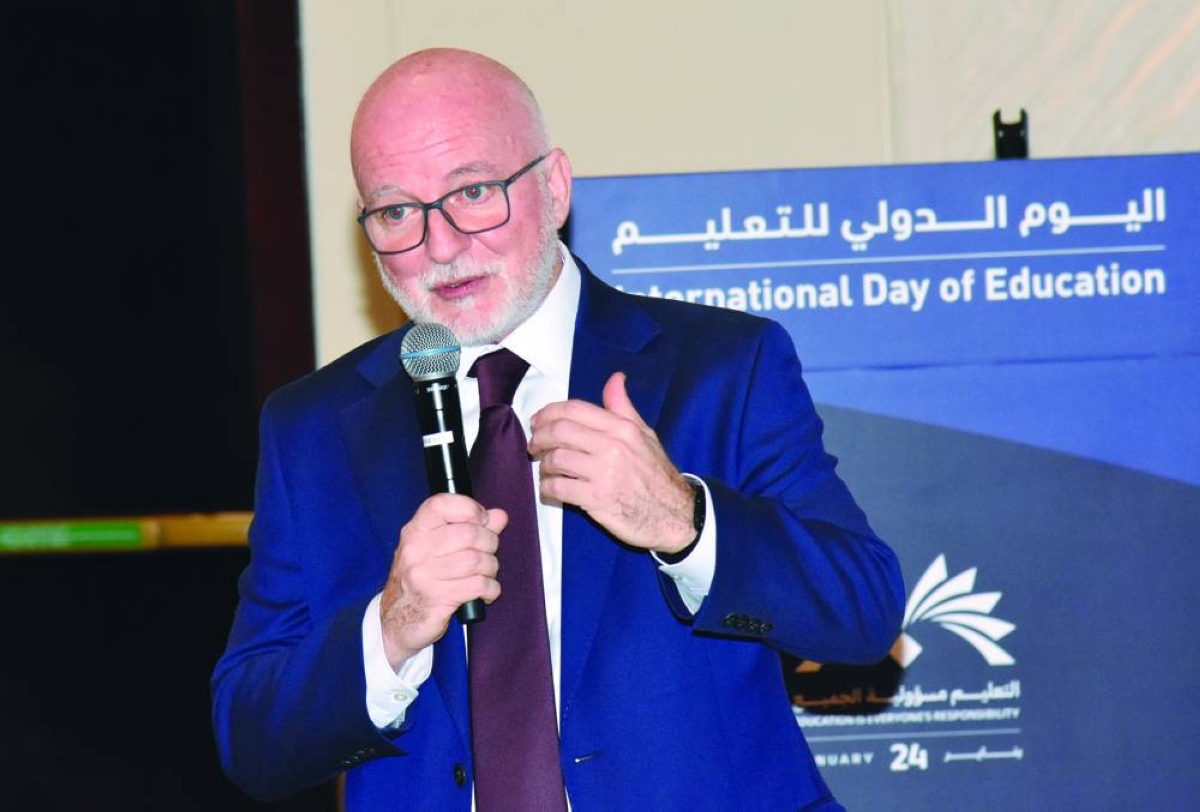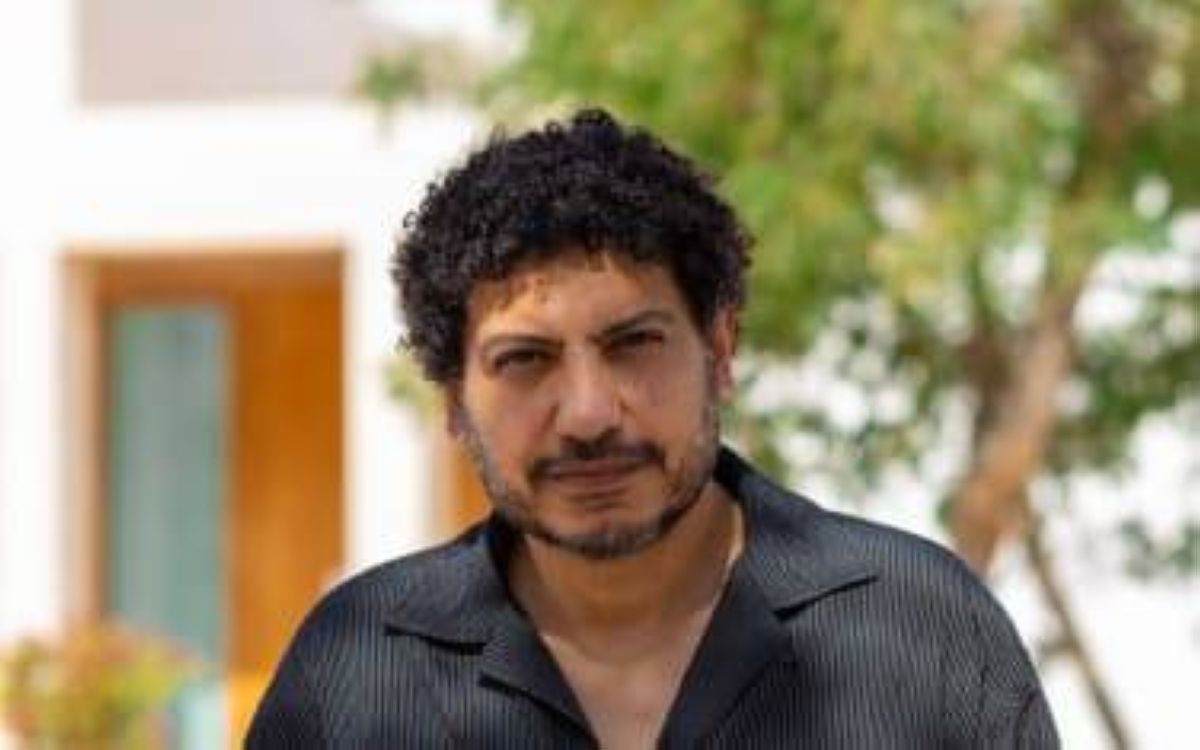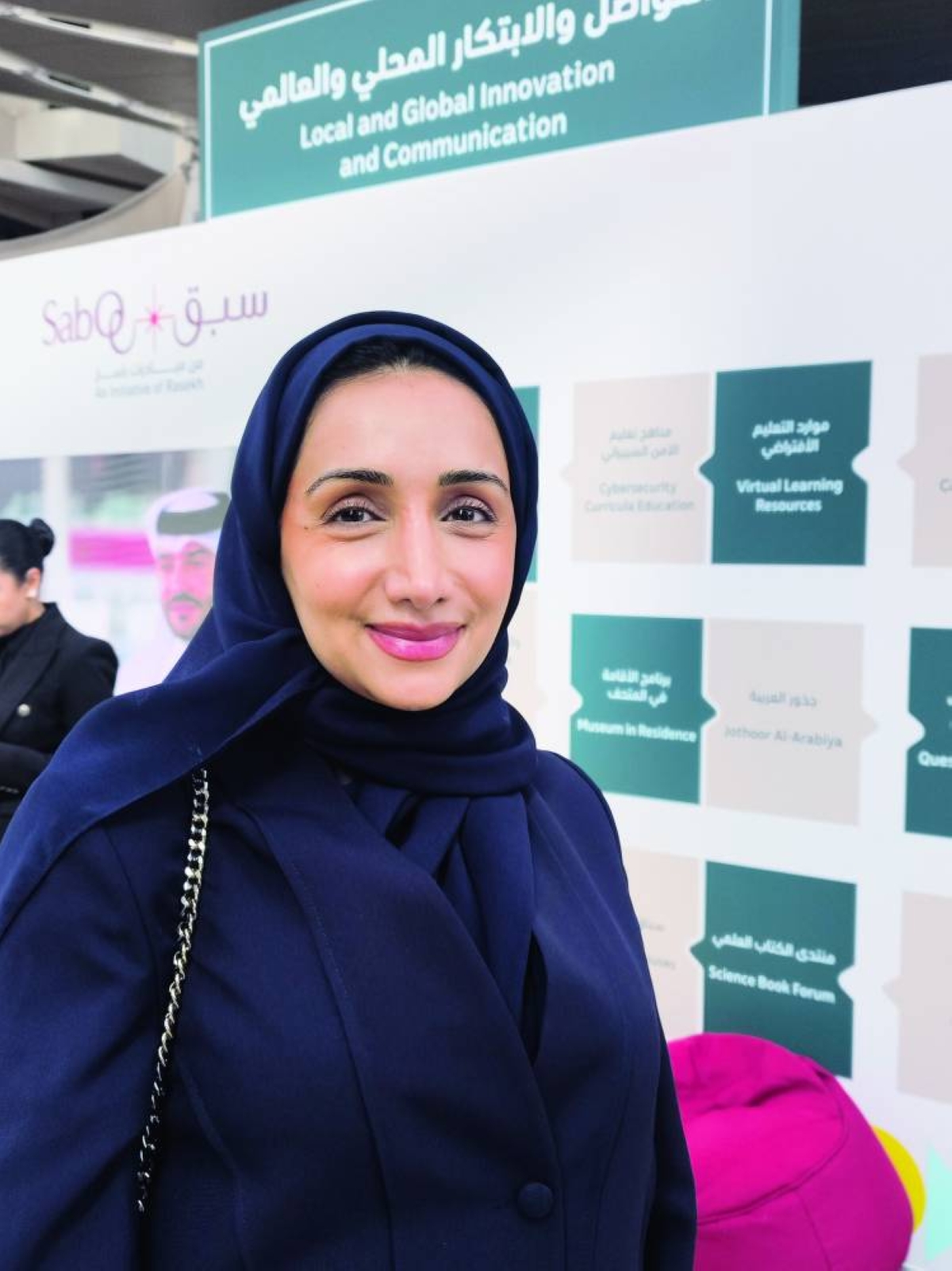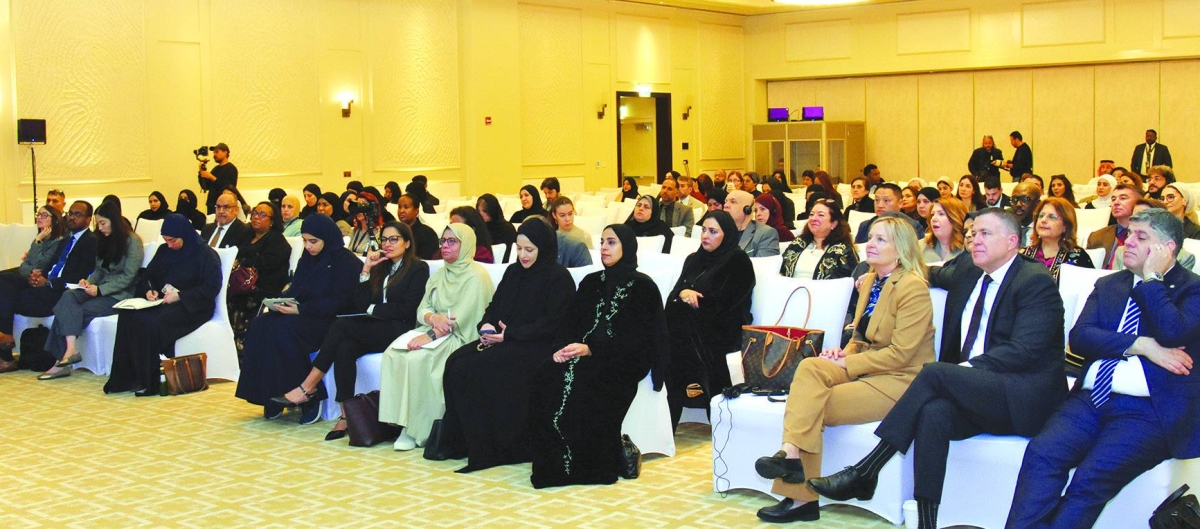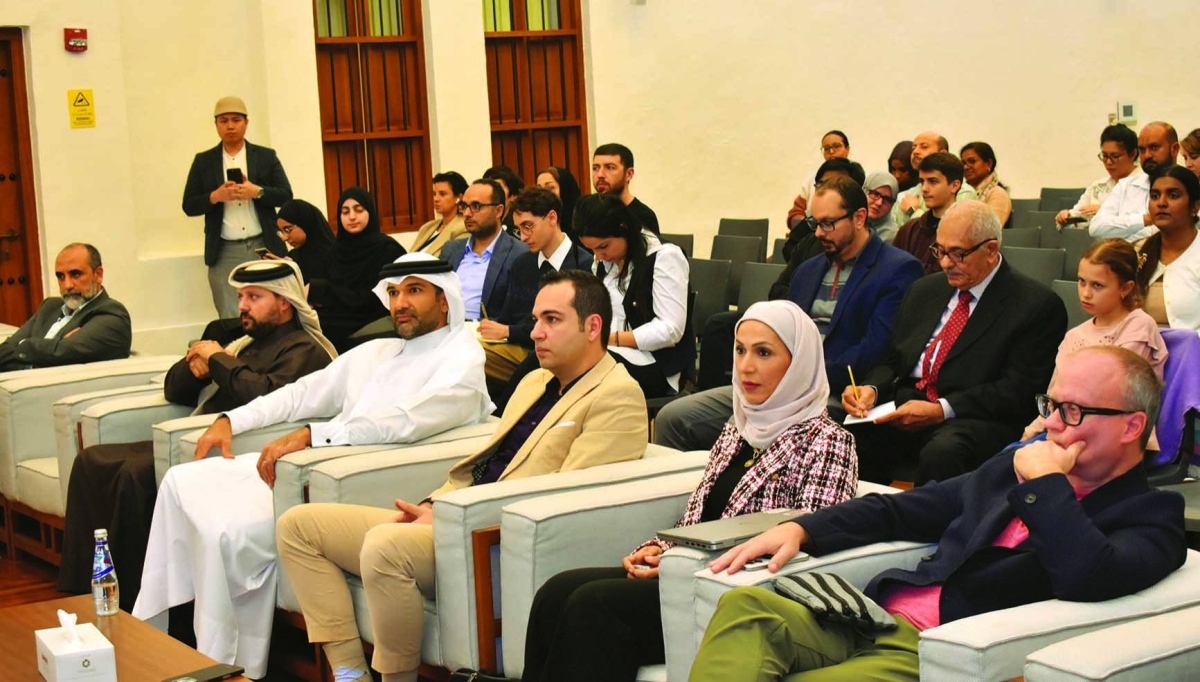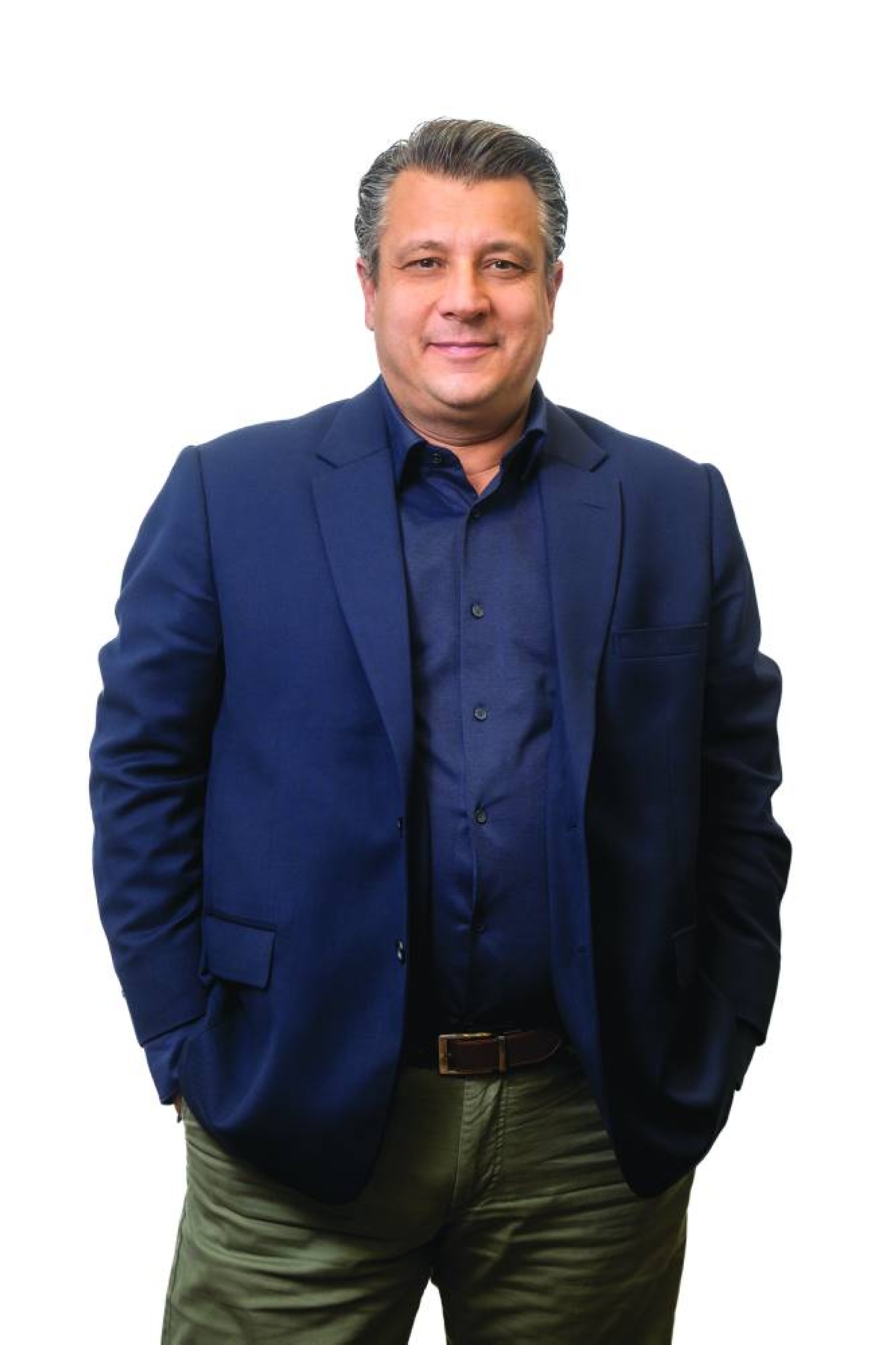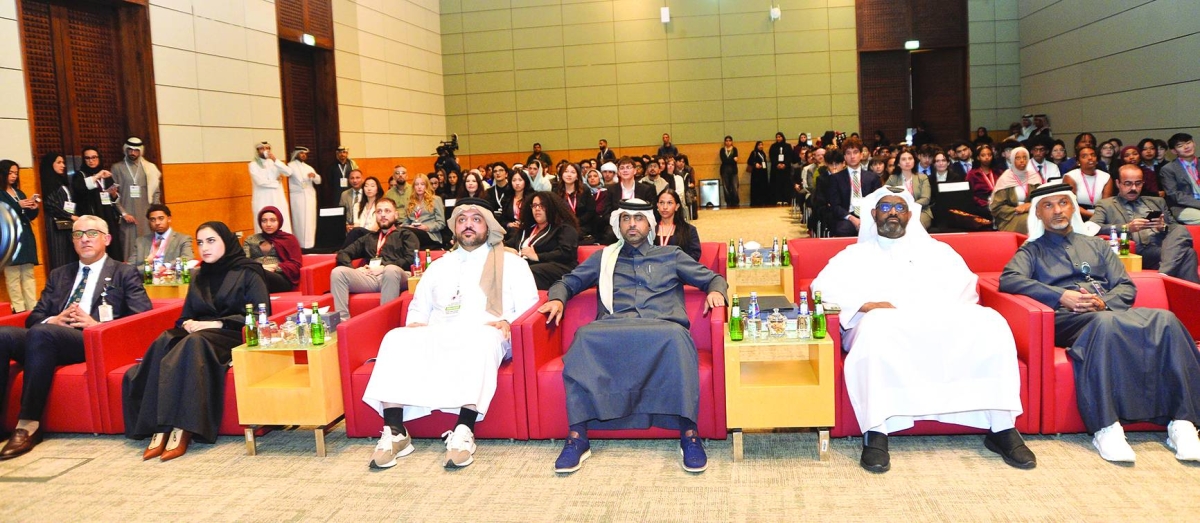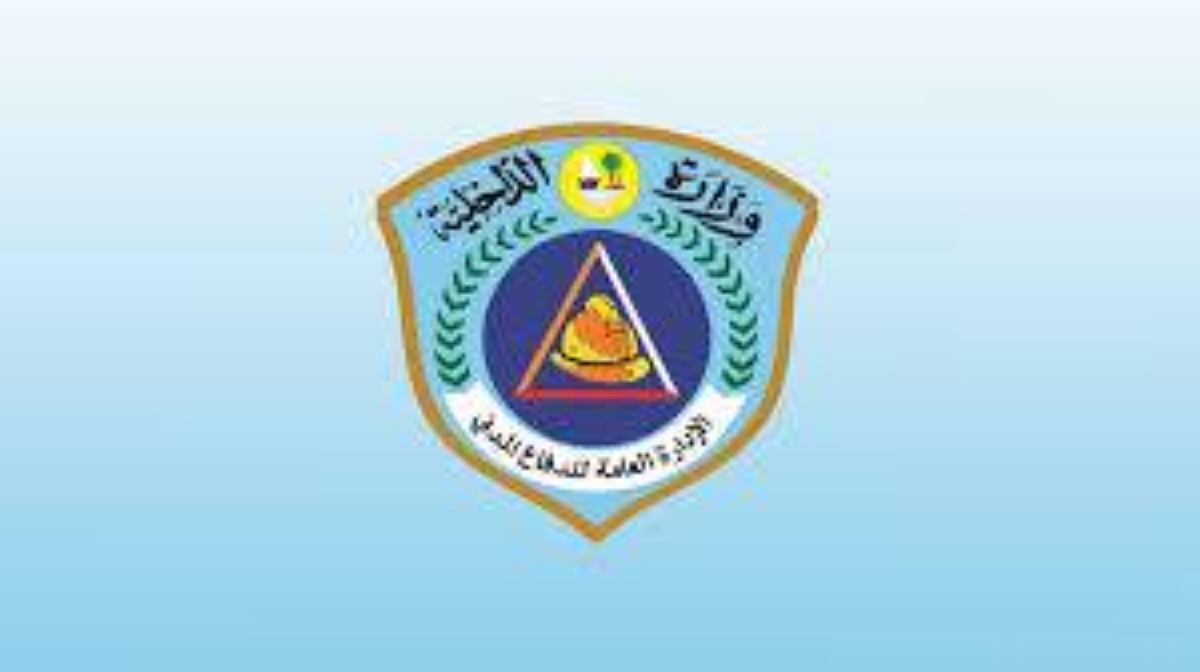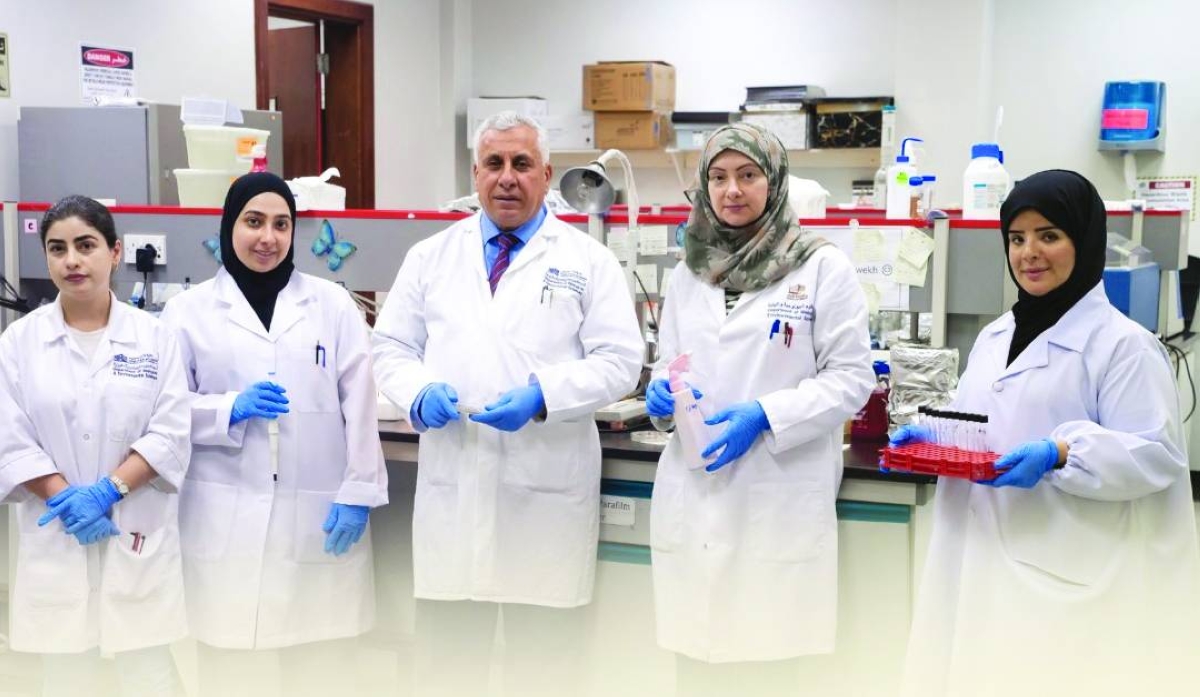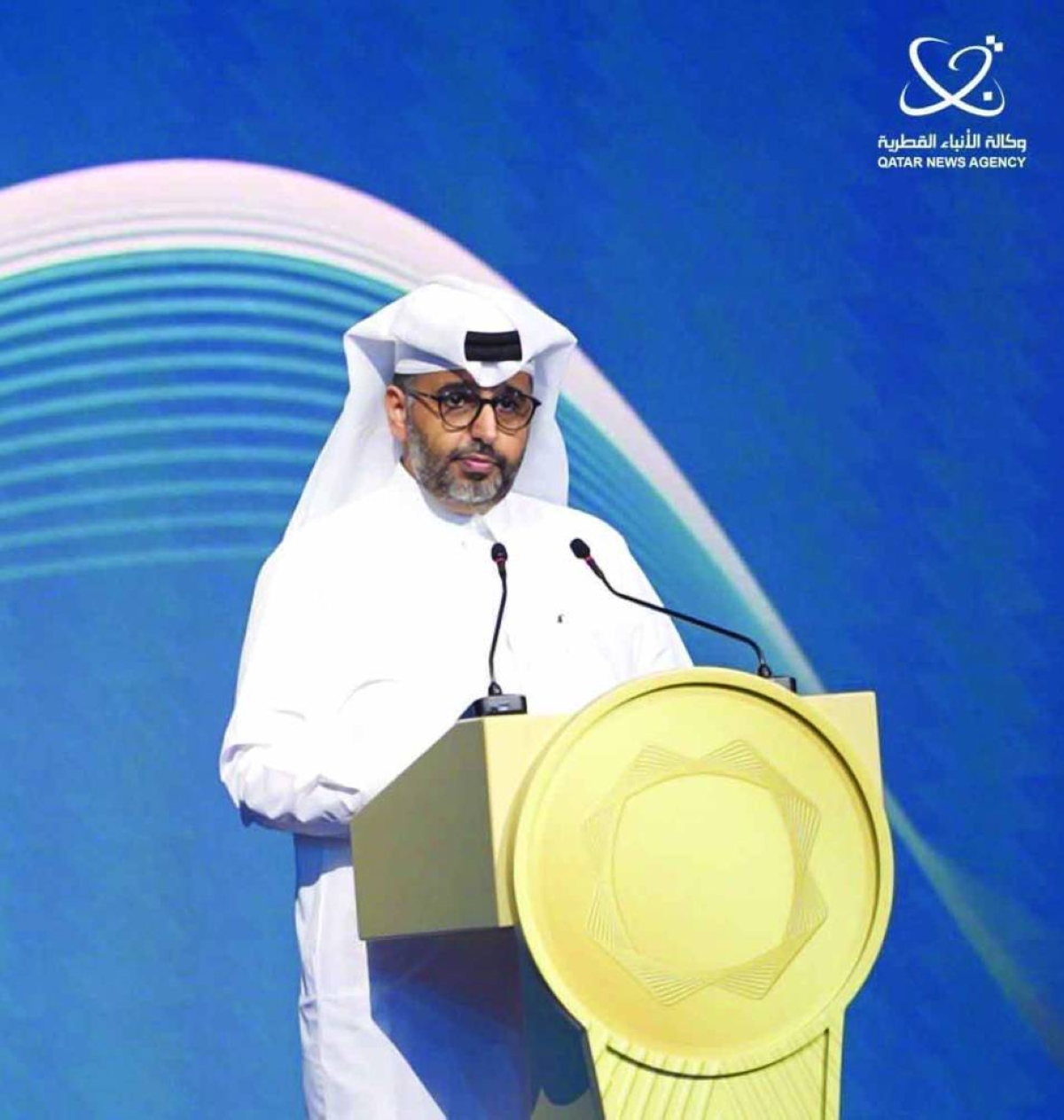Her Highness Sheikha Moza bint Nasser, Chairperson of Qatar Foundation (QF), led the National Sport Day activities at QF's Education City by attending in the activities at the venue.A large number of community members gathered to take part in the celebrations at various venues across the Education City including the Education City Stadium. The activities centred around health, inclusion, and wellbeing.**media[415510]**Her Excellency Sheikha Hind bint Hamad al-Thani, Vice Chairperson, QF attended the events at Education City Stadium which was at the core of National Sport Day activities.Speaking to Gulf Times, Ghoroor Abdulwaheed, health and sports specialist at QF-PUE said that the events at the Education City are spread out at various places and include activities for all age groups.**media[415511]**“I am looking after the activities at Oxygen Park and there are three zones at this venue. The first zone is where Qatar Foundation schools in collaboration with various sports federations clubs and other entities are taking part in the events. This year's edition of Sports Day has participation of 13 federations in the country, and one club, Qatar Sports Club. And the idea of the zone one is to provide exposure to the students to various sports federations in the country in different sports,” explained Abdulwhaeed.**media[415512]**Fatima Naama from the Partnership Department from Education Above All ( EAA) Foundation told the media that EAA aims to link the National Sport Day activities and the community participation to an outcome that supports education and students. “The link we have between the community and education is that part of the proceeds of the Colour Run tickets will be allocated to support education and students through EAA Foundation,” she said.**media[415513]**“Our message today is that we want to share that sport is not just an event that we engage in. It is something with a social impact and participation in such events is to connect with the community and giving and creating a real measurable difference in our community,” she continued.Meanwhile, participants brought passion and determination to the finals of the fifth edition of the Women and Girls Football Initiative, with Sheikha Hind presenting awards to the winning teams of the initiative.**media[415514]**And the Education City Run: Color Edition saw 1,200 female participants and 600 male participants enjoy a vibrant celebration of sport, movement, and community, with different race distances designed for everyone accompanied by colourful bursts of powder. A portion of the proceeds from this activity was donated to Education Above All, the Education City Run: Color Edition’s Social Impact Partner.**media[415515]**Reem Massoud, a yoga instructor from Lebanon, led a class at Education City Stadium with YALLAYOGA. “I am doing a morning flow – a feel-good flow with a bit of breath work,” she explained. “I think this is a great opportunity for people to practice yoga outside of the studio, in the open air, in a multi-activity space, which is amazing.”At Education City’s Oxygen Park, families and children came together to enjoy a series of engaging sports and recreational activities, including those organised by QF’s Ability Friendly Programme. The activities provided young athletes with disabilities with the opportunity to participate in sports in a supportive environment, fostering a sense of belonging, confidence, and joy.This year, Education City hosted a series of curated health talks during National Sport Day, featuring expert-led discussions on gut health, sustainable biohacking, and health misinformation. The sessions allowed participants to explore well-being and resilience, providing them with practical knowledge to support them in making informed health decisions.

Joseph Varghese
A journalist with a penchant for reporting events, Joseph Varghese digs deep to unearth facts. With several years of experience, including at Gulf Times, Joseph handles health, science and technology, IT and education in addition to everyday developments.
Most Read Stories

